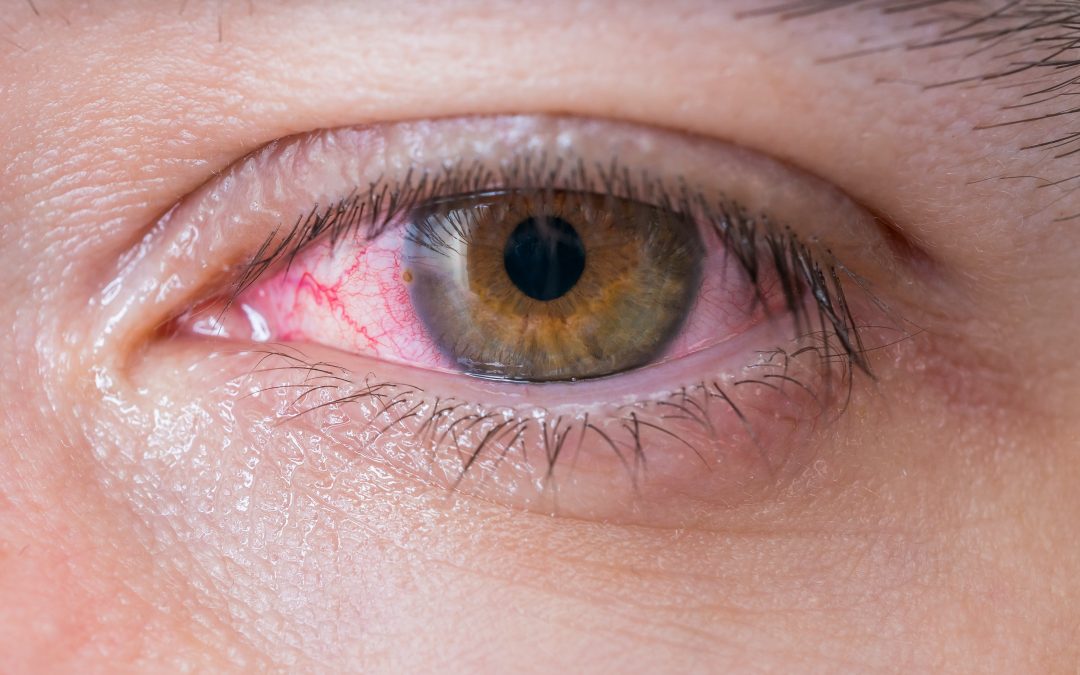This plant has a secret useful for diabetics

This plant has a secret useful for diabetics
This plant has a secret useful for diabetics
Researchers in New Zealand have discovered a plant extract that targets glucose-regulating areas of the brain that become inflamed in patients with type XNUMX diabetes, improving blood sugar levels. The findings open the door to a new, natural treatment for the disease, according to the journal Life Metabolism.
Type 2 diabetes affects how the body uses glucose for energy. It is caused by a combination of ineffective insulin and not enough insulin. Type XNUMX diabetes can often be prevented, especially when risk factors such as losing weight, exercising and eating a healthy diet are addressed.
early diagnosis
Early diagnosis of the disease is important to prevent or delay its progression. Prediabetes occurs when blood glucose is high but not at levels that can adequately be diagnosed as type XNUMX diabetes, indicating impaired glucose tolerance. It begins with mild symptoms that can go unnoticed, but prediabetes is likely to progress to type XNUMX diabetes unless it is treated.
Since type 98 diabetes is the most prevalent form of diabetes, accounting for around XNUMX% of global diabetes diagnoses, it is important that the disease be treated early and effectively. Now researchers at the University of Otago have discovered a plant extract that acts on the glucose-regulating areas of the brain to improve blood glucose regulation in patients with type XNUMX diabetes.
circulating insulin
It is widely accepted that pathways in the brain are responsible for glucose regulation. For non-diabetics, circulating insulin—the hormone that transports glucose from the bloodstream into the body's cells to generate energy—reaches the hypothalamus, a small region in the center of the brain. This brain region triggers a chain reaction that mediates the effects of insulin.
Studies have shown that inflammation of the hypothalamus plays a major role in causing insulin resistance, which is a hallmark of type XNUMX diabetes.
Biotin compound
Through previous research in mice, researchers knew that biotin, a plant-derived compound, produces significant glucose-lowering and insulin-sensitizing effects in obese and glucose-intolerant mice by reducing inflammation in the hypothalamus. The researchers decided to explore whether an extract from the petals of the Dahlia pinnata flower, a known source of biotin, could be exploited as a novel treatment for type XNUMX diabetes in humans.
Dahlia flower petals
After creating an extract from the petals of a dahlia flower, the researchers tested it at various doses on mice fed a high-fat diet (HFD) to see if it affected glucose tolerance. Doses were administered orally XNUMX hour before the glucose tolerance test.
The researchers concluded that a dose of 10 mg/kg of body weight improved glucose tolerance and insulin sensitivity in mice fed a high-fat diet. The extract did not affect blood glucose levels in healthy mice, which were fed a low-fat diet.
Experiments on laboratory rats
To test whether the effect could be sustained, the researchers treated mice fed a high-fat diet with dahlia extract daily for five weeks. Mice that received long-term treatment with the extract showed improved glucose tolerance compared to mice that did not receive the extract. When examining the livers of the mice, the researchers found no signs of toxicity.
3 vehicles combined
The researchers then looked at the cause of the effects they observed. They noted that besides biotin, dahlia extract contains two other compounds, isolequeritigenin and sulfuretin. While enzyme reductase and sulfuritin alone, or a combination of the two, were relatively ineffective in improving glucose tolerance, the three compounds in combination were shown to produce a significant improvement.
When examining the brains of mice, the researchers discovered that dahlia extract appeared to reduce inflammation in the hypothalamus, suggesting that the extract's glucose-lowering properties were mediated by its anti-inflammatory effect. After proving the effect of dahlia extract on mice, the researchers tested it in a “first in human” experiment.
The first tests on humans
In a first human trial, the extract had an increased effect in those who had already progressed from prediabetes to a definitive diagnosis of type XNUMX diabetes. There were no differences in the results of pre-treatment blood tests for analysis of liver function, kidney function and general health after treatment with the extract.
“Poor blood sugar regulation is a debilitating condition that affects millions of people in the world,” said researcher Alexander Tops, who expressed his hope and belief that “the results of the extensive research will benefit people with this condition.”






